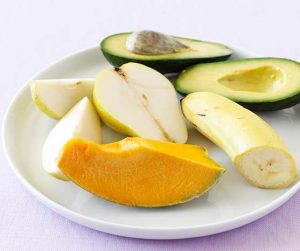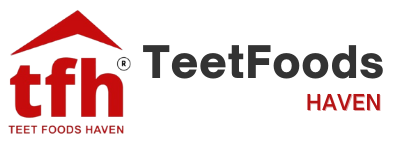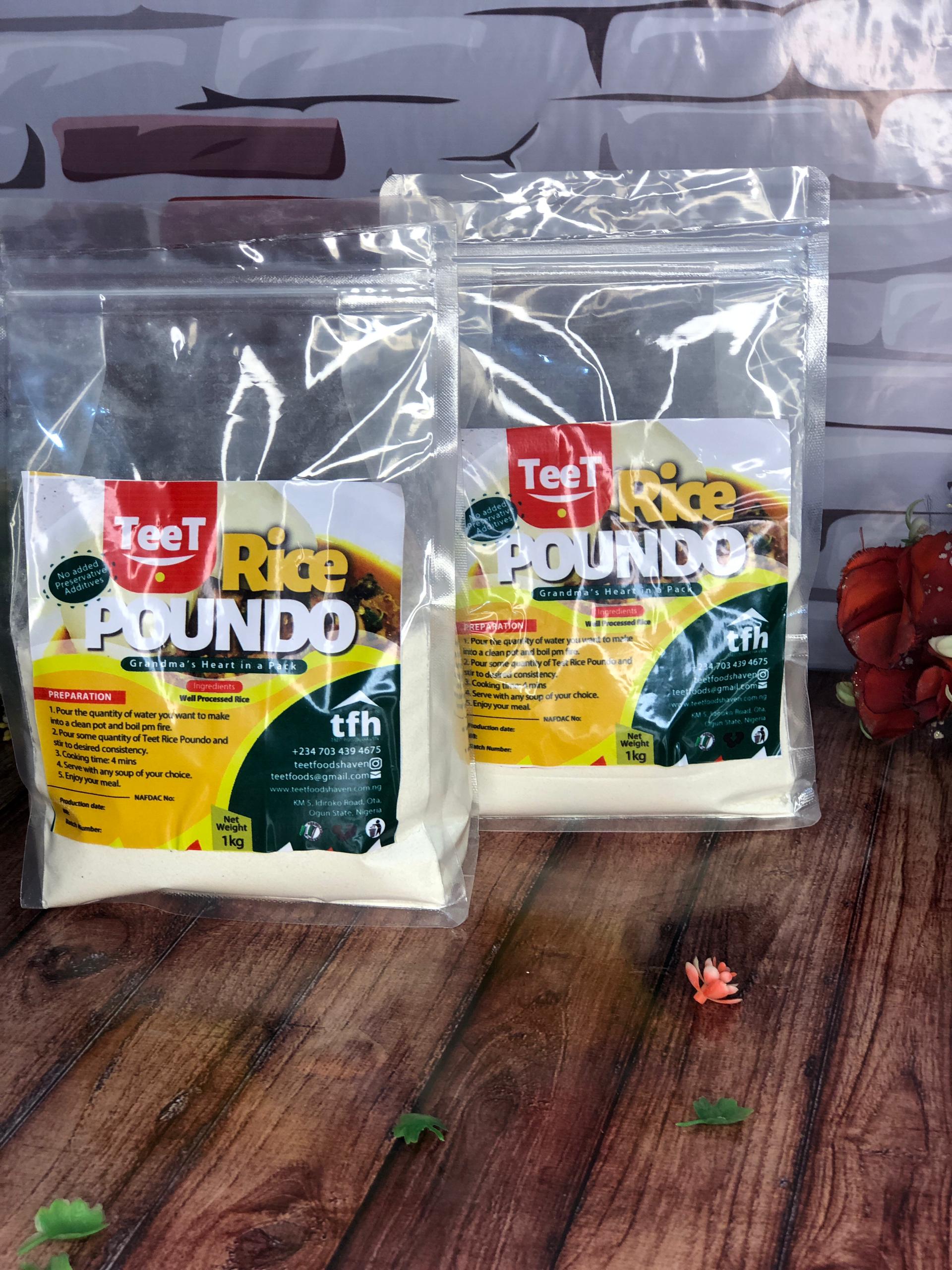No products in the cart.: ₦0.00
Homemade weaning foods can be a wonderful choice when introducing solid foods to your baby. They offer several advantages, including control over ingredients, freshness, and customization to suit your baby’s needs. Here are some tips for choosing and preparing Homemade weaning foods:
Start with single-ingredient foods: When starting the weaning process, begin with s imple, single-ingredient foods. This allows you to monitor your baby’s response to each food and identify any potential allergies or sensitivities. Examples of suitable first foods include mashed bananas, pureed sweet potatoes, or well-cooked and pureed carrots.
imple, single-ingredient foods. This allows you to monitor your baby’s response to each food and identify any potential allergies or sensitivities. Examples of suitable first foods include mashed bananas, pureed sweet potatoes, or well-cooked and pureed carrots.
Opt for fresh and organic ingredients: Whenever possible, choose fresh, seasonal, and organic ingredients for your baby’s homemade weaning foods. This helps minimize exposure to pesticides and ensures optimal nutrient content.
Prepare foods in a suitable texture: As your baby progresses, gradually move from purees to mashed or finely chopped foods to promote self-feeding and oral motor development. Introduce different textures and consistencies to expand their palate and encourage chewing.
Include a variety of fruits, vegetables, and grains: Offer a wide range of fruits, vegetables, and whole grains to provide your baby with a diverse array of nutrients. This helps develop their taste preferences and supports balanced nutrition.
Avoid added salt, sugar, and spices: Babies have delicate palates, and their taste buds are still developing. It is best to avoid adding salt, sugar, or spices to their food. Natural flavors and the inherent sweetness of fruits and vegetables are usually enough to make the food appealing.
Be cautious with allergenic foods: Introduce allergenic foods gradually and one at a time, while closely monitoring your baby for any adverse reactions. Common allergenic foods include eggs, dairy, fish, shellfish, peanuts, and tree nuts. Consult with your pediatrician or a qualified healthcare professional if you have concerns about potential allergies.
Practice proper food safety and storage: Ensure that all utensils, containers, and preparation surfaces are clean and sanitized. Properly store homemade baby food in airtight containers in the refrigerator or freezer to maintain freshness and prevent bacterial growth.
Remember, each baby is unique, and it’s important to follow their cues and progress at their own pace. If you have any concerns or questions about weaning or introducing solid foods, consult with your pediatrician or a registered dietitian who specializes in infant nutrition.






